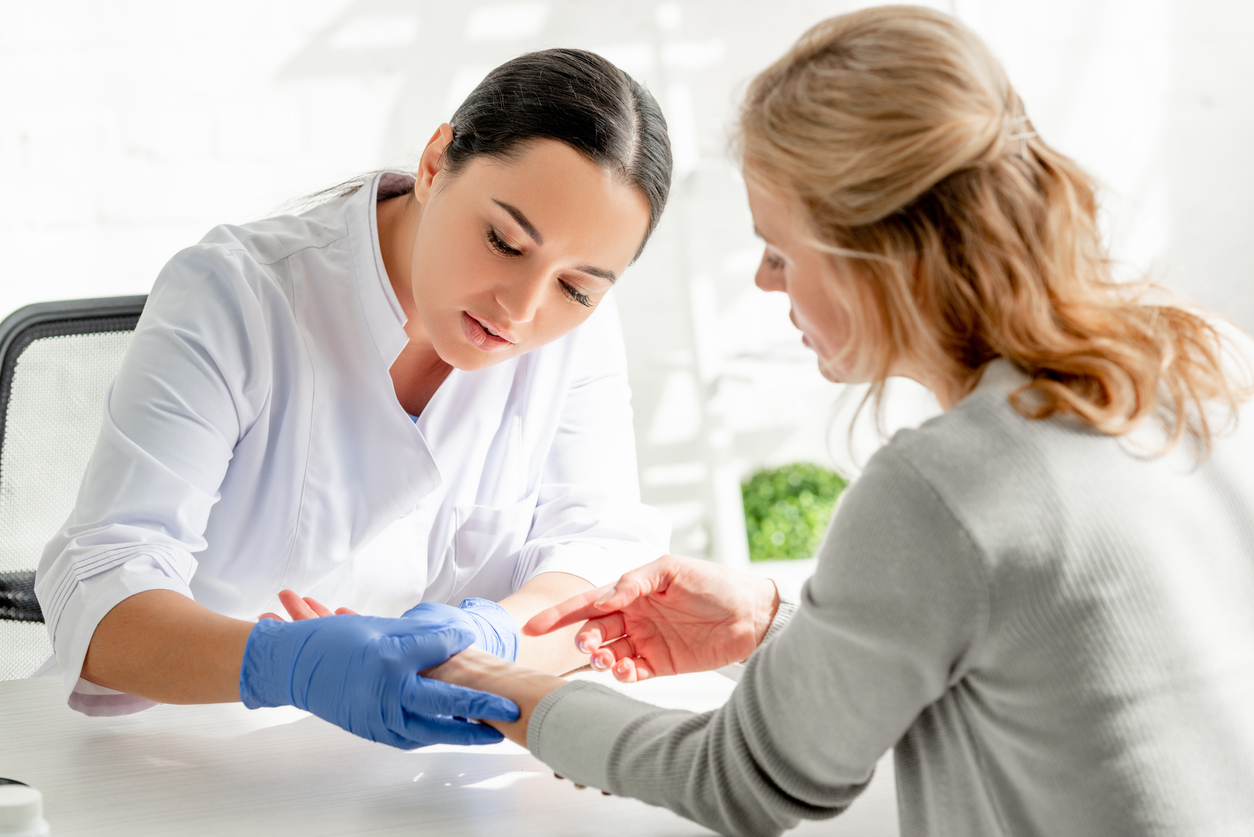Starting a dermatology practice can be an exciting adventure that requires extensive planning. As a dermatologist, you will not only diagnose and treat skin conditions but also educate patients about skin care practices, disease prevention strategies, and regular check-ups. To make sure your practice runs efficiently and successfully, certain key items will help ensure smooth operations:

Via Pixabay
Dermatology-Specific Equipment
As an essential piece of dermatology-specific equipment, a dermatoscopy is an indispensable tool in diagnosing skin conditions like melanomas, basal cell carcinomas, and squamous cell carcinomas. A magnified view of your skin allows a magnified view to be obtained via this magnifying device, showing structures not visible to the naked eye.
After gathering all your materials, it will be necessary to use a cryotherapy machine in order to safely and effectively treat warts and other skin lesions with liquid nitrogen. This device provides safe yet effective treatment of various skin issues.
Light therapy machines can also be an invaluable addition to your practice. Ideal for treating conditions like psoriasis, eczema, and vitiligo, this device emits ultraviolet light onto the skin in order to slow the development of affected cells and limit cell growth.
Essential Furniture In Dermatology Practice
Selecting furniture that provides comfort and functionality is crucial when running a dermatology practice. A medical chair is one of the key items in any dermatologist’s office.
These chairs are specially designed to facilitate medical examinations and procedures, with adjustable height and tilt capabilities to maximize patient comfort while providing easy access for doctors. Furthermore, an ideal medical chair must also be easy to clean and disinfect to create a sterile environment.
As with any practice, your clinic will require examination tables, adjustable stools for practitioners, and sufficient seating in the waiting room. Remember storage cabinets for patient files and a secure location to keep medications.
Diagnostic & Laboratory Equipment
Dermatologists frequently perform biopsies or procedures requiring laboratory analysis, so having an in-house lab fully equipped and with the right lab furniture can speed diagnosis and treatment while improving patient care.
Other essential items include microscopes for examining skin samples, an autoclave to sterilize instruments, and centrifuges to prepare samples.
Software and Technology
In today’s digital era, having the appropriate software for effective practice management is critical. Electronic Health Records (EHR) software should be an indispensable asset when tracking patient histories, scheduling appointments, billing patients, and billing services. Look for EHR software tailored explicitly for dermatology practices, as it will include templates and functions tailored specifically to you and your practice’s needs.
Supplies and Consumables
Finally, you will require various supplies and consumables such as gloves, bandages, dressings, syringes, needles, skin cleansers, antiseptics, and local anesthetics for your procedures.
Starting a dermatology practice requires investing in equipment, furniture, and supplies that can enhance patient care. By investing in essential items such as a dermatoscope, cryotherapy machine, light therapy machine, high-quality medical chair diagnostic and laboratory equipment, and software, you can build a practice that provides exceptional patient care and is well-positioned for success. When making decisions related to setting up your practice, always keep the comfort and well-being of patients as your top priority; good luck with your venture into dermatology!



You must be logged in to post a comment.